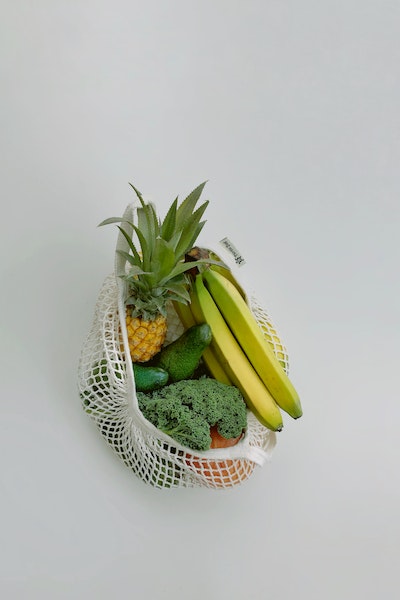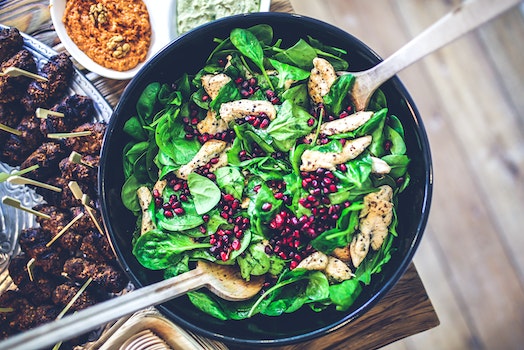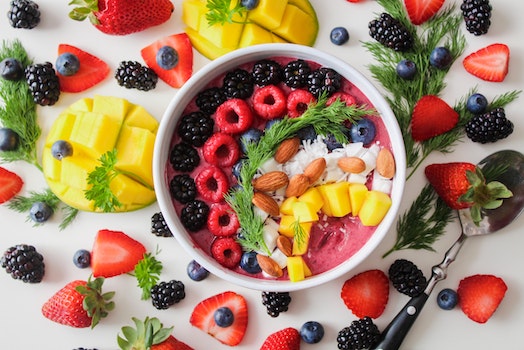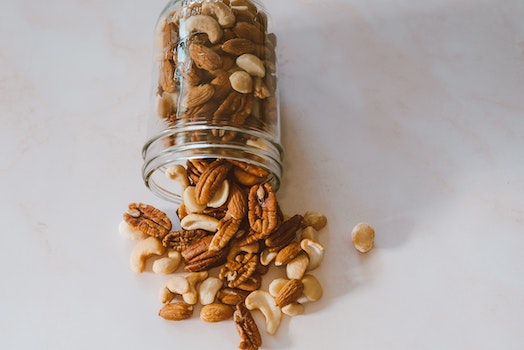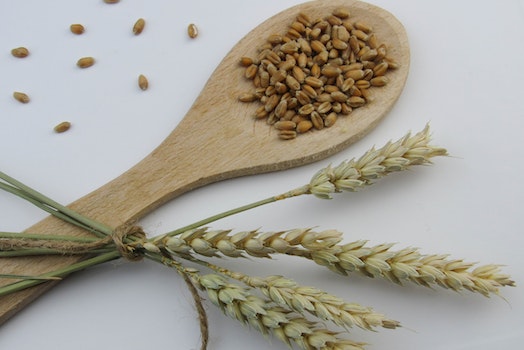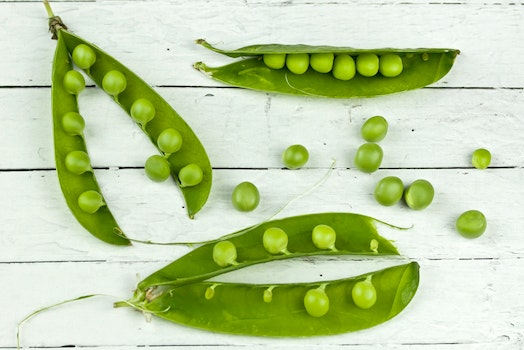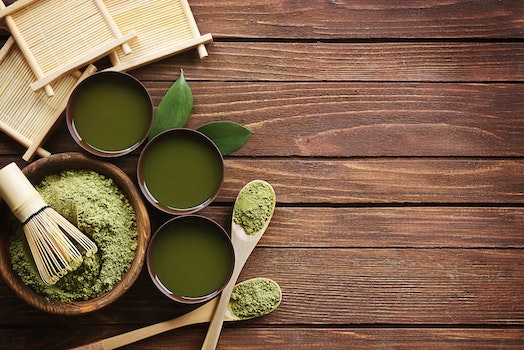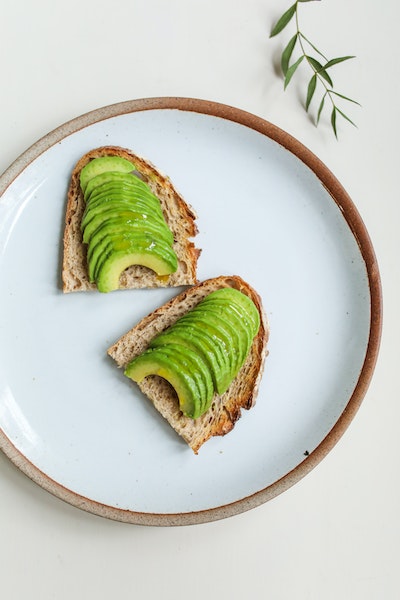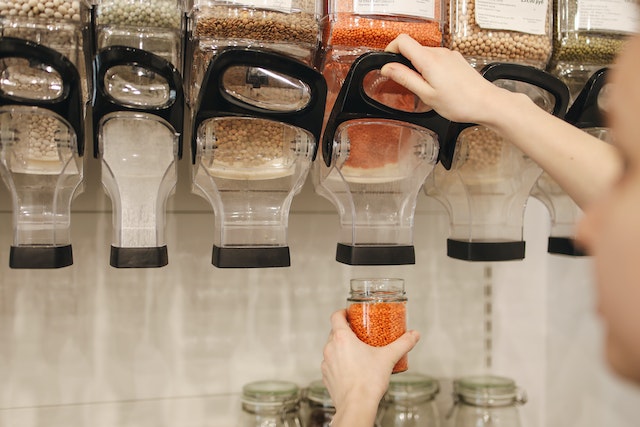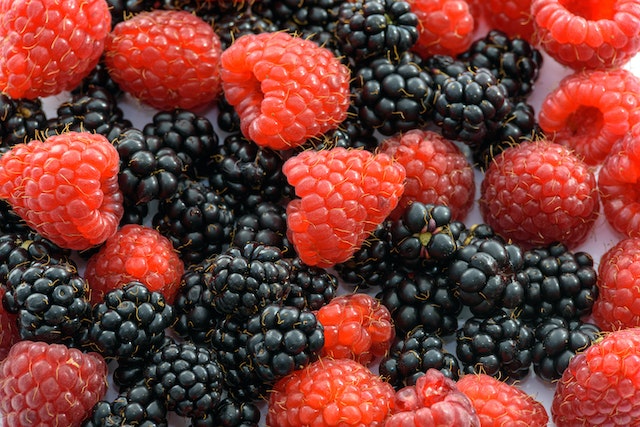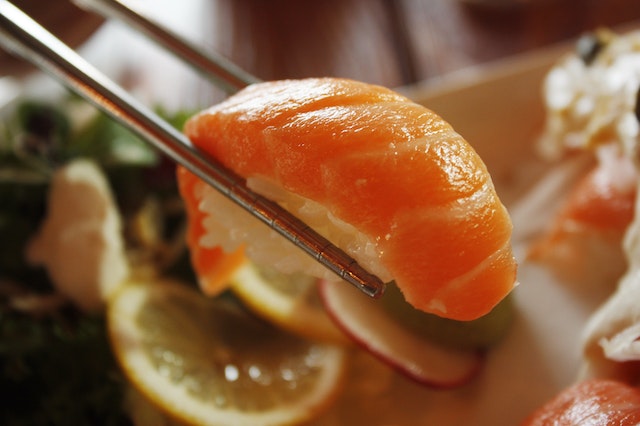Culture seems to be diet-centric anymore. A new dietary claim is made almost every month or so, and countless people jump aboard the rumor train toward unknown health benefits or problems.
For decades, the idea of counting calories appeared to be rational — calories in, calories out, right? While calorie-restricted diets can be safe when monitored, ensuring participants are getting appropriate nutrients through food choices, people can often get carried away with the level of restriction.
1,200 calories are the bare minimum for calorie intake, which is for female resting metabolic requirements. Dipping below this number is rarely advised, and when it is, it is with the strict supervision of a medical or dietary professional.
More often than not, diets of 1,200 calories are referred to as unsustainable. The benefits of such restrictive dieting often result in less than optimal results for those trying to lose weight, especially as it can motivate a vicious cycle of yo-yo dieting.
When beginning a diet, especially a calorie-focused diet, it is crucial to understand the warning signs of under-eating. You should correct course and reevaluate your calorie intake to avoid any recurring issues.
Irritability and Lethargy are Only the Beginning

You have likely heard the term “hangry” before, meaning hungry and angry. There is a legitimate psychological component to eating and food. People often associate food with joy, relationships, and other pleasurable events and feelings. By taking those foods away, your brain can react negatively, causing a rise in cortisol and other hormones contributing to irritability or testiness.
Beyond feeling on edge all the time, you need to remember that calories are the body’s primary source of energy for tissues and functions. If you are eating the bare minimum, your body will need to prioritize what systems access energy and how much. The restrictions result in feeling tired, with many tasks seeming more challenging and less appealing, even those tasks you enjoy.
Unfortunately, irritability and lethargy are only the beginning of your troubles if you continue to eat too few calories. Eating less can also lead to sleep and digestive problems.
Restful Nights Might Become a Thing of the Past

Blood sugar levels depend on a balanced diet. Eating fewer calories than necessary can prevent the liver from producing enough glycogen during sleep to stabilize blood sugar levels.
When the liver doesn’t produce enough glycogen, the body must use gluconeogenesis to produce glucose. The process is possible only by releasing cortisol and adrenaline, and with enough of these hormones in your body, you might find it difficult to fall asleep and stay asleep during the night.
Digestive Problems Can Become a Permanent Diet Companion

A common symptom of consuming too few calories is persistent constipation. The problem often results from not consuming enough fiber. Fiber is essential to keep the digestive system moving along.
Dehydration is also a possibility of constipation. If the body does not have enough water in its system, it can not perform digestive tasks effectively, regardless of fiber levels. Unfortunately, many people struggle to differentiate between hunger and thirst, often confusing one for the other.
Consume Enough Calories Without Starving Yourself
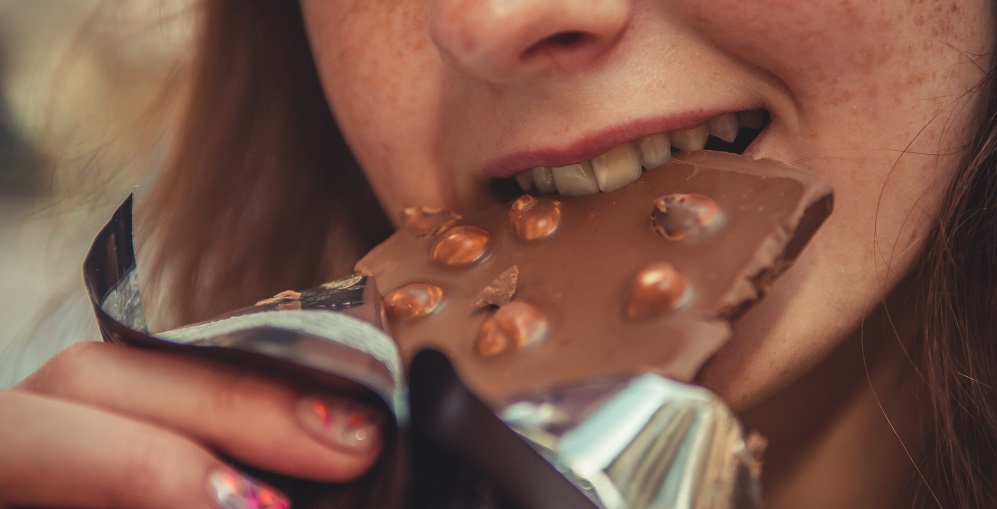
Do not assume 1,200 calories is suitable for you. Talk to your doctor about calorie intake; they can offer a professional opinion based on gender, age, weight, and current health. Additionally, most fitness and nutrition experts agree that cutting your present daily calories by 200 to 300 calories per day combined with 30 minutes of exercise is enough to start a weight loss journey.
How many calories are healthy for you?


